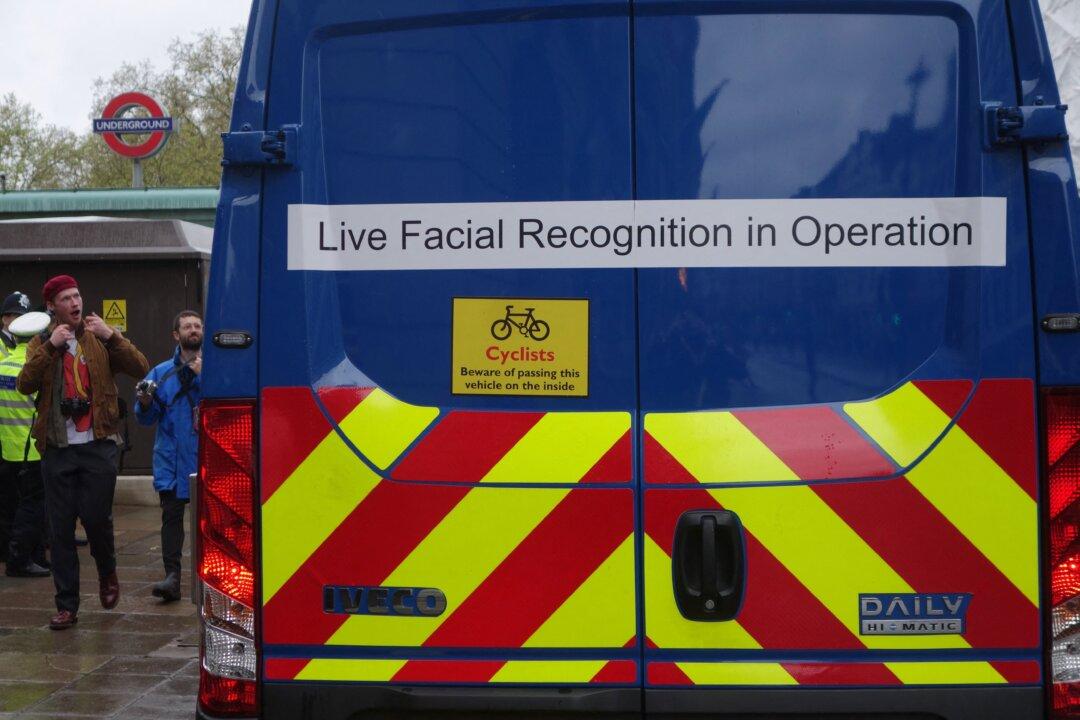The government’s surveillance watchdog has warned that public trust is “critical” after it emerged the Home Office is planning a wider rollout of facial recognition technologies to help police forces and other security agencies identify suspects.
The controversial technology has been trialled in the past few years by South Wales Police and the Metropolitan Police, and the Home Office is now looking for systems suitable for a national rollout.





